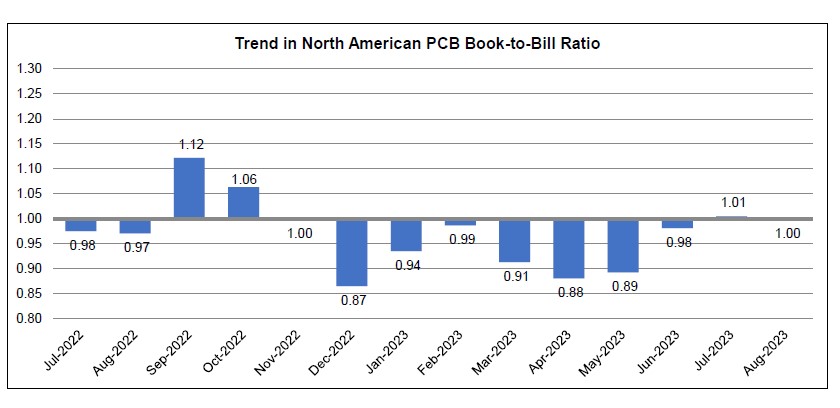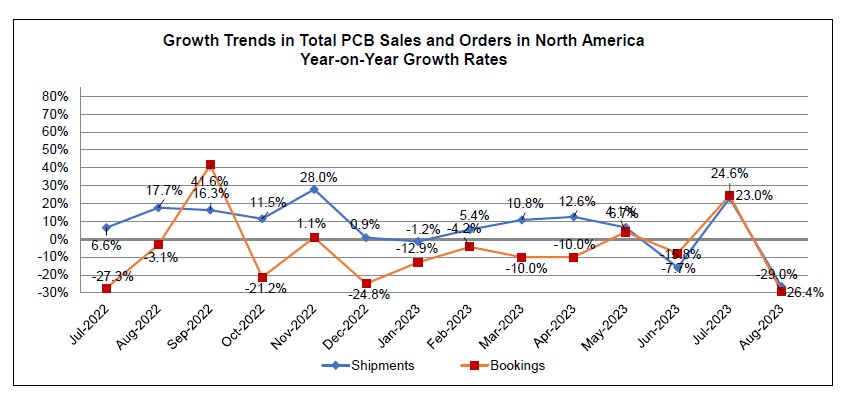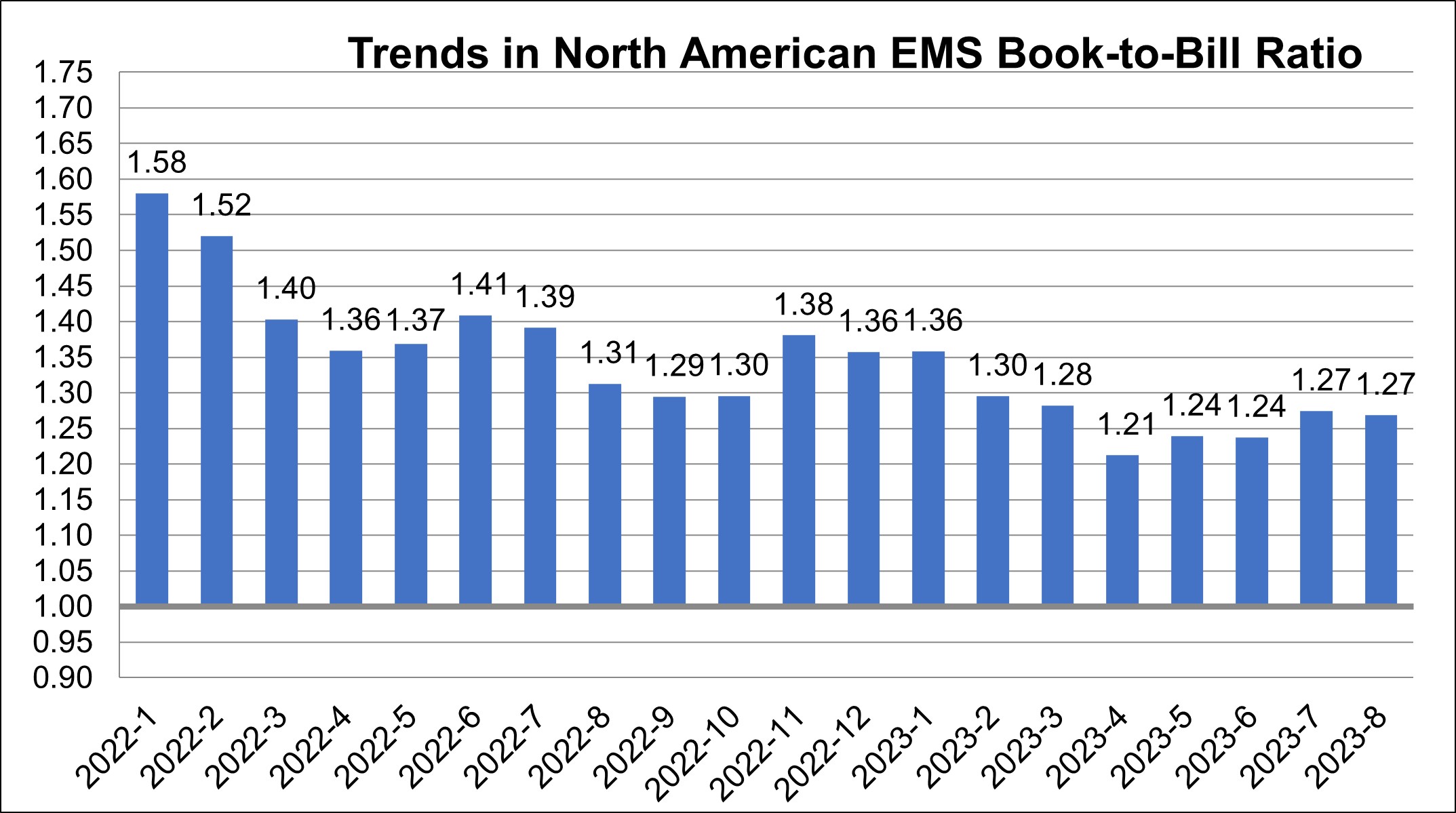By Glenn Gong, Marketing Director, IPC Asia
Key Summary
• IPC and Continental Automotive China jointly hosted HERMES Day at the Jingyue Factory to support Industry 4.0 and smart manufacturing
• The event gathered 35 representatives from Continental sites, technology partners, and major SMT equipment suppliers
• IPC-HERMES-9852 was highlighted as the modern, open standard replacing SMEMA for machine-to-machine PCB transfer and communication
• SUNJSONG experts provided training and case studies to help attendees align on implementation and troubleshoot real-world challenges
• Continental’s Jingyue team shared their progress and obstacles in applying HERMES in production environments
With the rapid development of electronic information technology and the ongoing trends toward electrification, intelligence, and connectivity in the automotive industry, the proportion of automotive electronics in whole vehicles is increasing rapidly. This has led to higher demands for the traceability of production data, product quality, reliability, and the need for intelligent manufacturing in the automotive electronics sector, which, in turn, is driving the advancement of the electronics manufacturing industry.
To help the industry better address the challenges of Industry 4.0 and transition towards digital intelligent manufacturing, IPC, in collaboration with Continental Automotive China SMT Club and Continental Automotive Electronics (Changchun) Co., Ltd. Jingyue Branch, successfully held HERMES Day at the Jingyue Factory on August 16. The event saw the participation of 35 representatives from various Continental Group factories in Changchun, Changsha, Wuhu, Shanghai, Vitesco Technologies, System solution providers like SUNJSONG Technology, Lanzuo Electronic, Harvest Electronic, Chongqing Unication Electronic, and well-known equipment suppliers such as ASMPT, REHM, Viscom, ASYS, YJLINK, FUJI, Omron, Pemtron, and Unicomp.

"IPC-HERMES-9852 The Global Standard for Machine-to-Machine Communication in SMT Assembly"
IPC-HERMES-9852 is a modern, open standard based on TCP/IP and XML. It is designed to replace the outdated IPC-SMEMA-9851 standard (SMEMA) for transmitting information related to printed circuit boards. This standard provides the latest communication protocol for machine-to-machine communication in Surface Mount Technology (SMT). HERMES combines advanced technology and established standards into an entirely new solution, addressing scenarios like multi-variety, small-batch production lines, enabling quick changeovers without manual intervention, automatic track adjustments, and program automatic download switching.
During the event, IPC invited experts from SUNJSONG Technology Co., Ltd., a vice chair unit of the IPC-CFX Standard China Subcommittee, to provide professional training and case analysis on the HERMES standard. This training helped align the understanding of clients and equipment partners with the standard. It also addressed issues encountered during implementation and conducted simulated tests on how to interconnect and respond between devices in a real environment.

The HERMES project implementation team from Continental Automotive Electronics (Changchun) Co., Ltd. Jingyue Branch shared their phased achievements and challenges in implementing the HERMES standard application. They expressed that "this event focuses on the implementation of HERMES applications, and the combination of professional training and practice has been substantively helpful. We are delighted that this event was held at Continental Automotive, and it is very meaningful for the widespread application of HERMES in the industry. We look forward to more exchanges and discussions with industry experts in the future."
During the seminar, IPC shared the Factory of the Future standards family, with a focus on IPC-2591 Connected Factory Exchange (CFX) Standard, which is used in achieving device-to-device, device-to-system interconnection and interoperability for "plug-and-play" in the context of digital transformation in smart manufacturing. IPC also shared insights into the interoperability between CFX and HERMES and practical case applications.
Sydney Xiao, President of IPC Asia, stated, "The inaugural HERMES Day event in Asia reflects IPC Asia's commitment to providing in-depth communication services to member organizations regarding the implementation of standards. Through our 'Walk into Members' series of events, we aim to create more value by fostering closer collaboration with our members. The successful application of IPC's Factory of the Future standards by leading companies in the industry will guide the collective progress of the electronics manufacturing."
Lu Guangxiang, SMT CLUB Speaker and SMT Expert of Continental Group, as well as a committee member of IPC China Automotive Electronic Committee (CAEC), expressed, “HERMES Day was a great event! It leveraged intelligence and experience from the Hermes supply chain and focused on onsite implementation problems and solutions. As a result, HERMES Day activities will help us to move forward faster and more efficiently."


